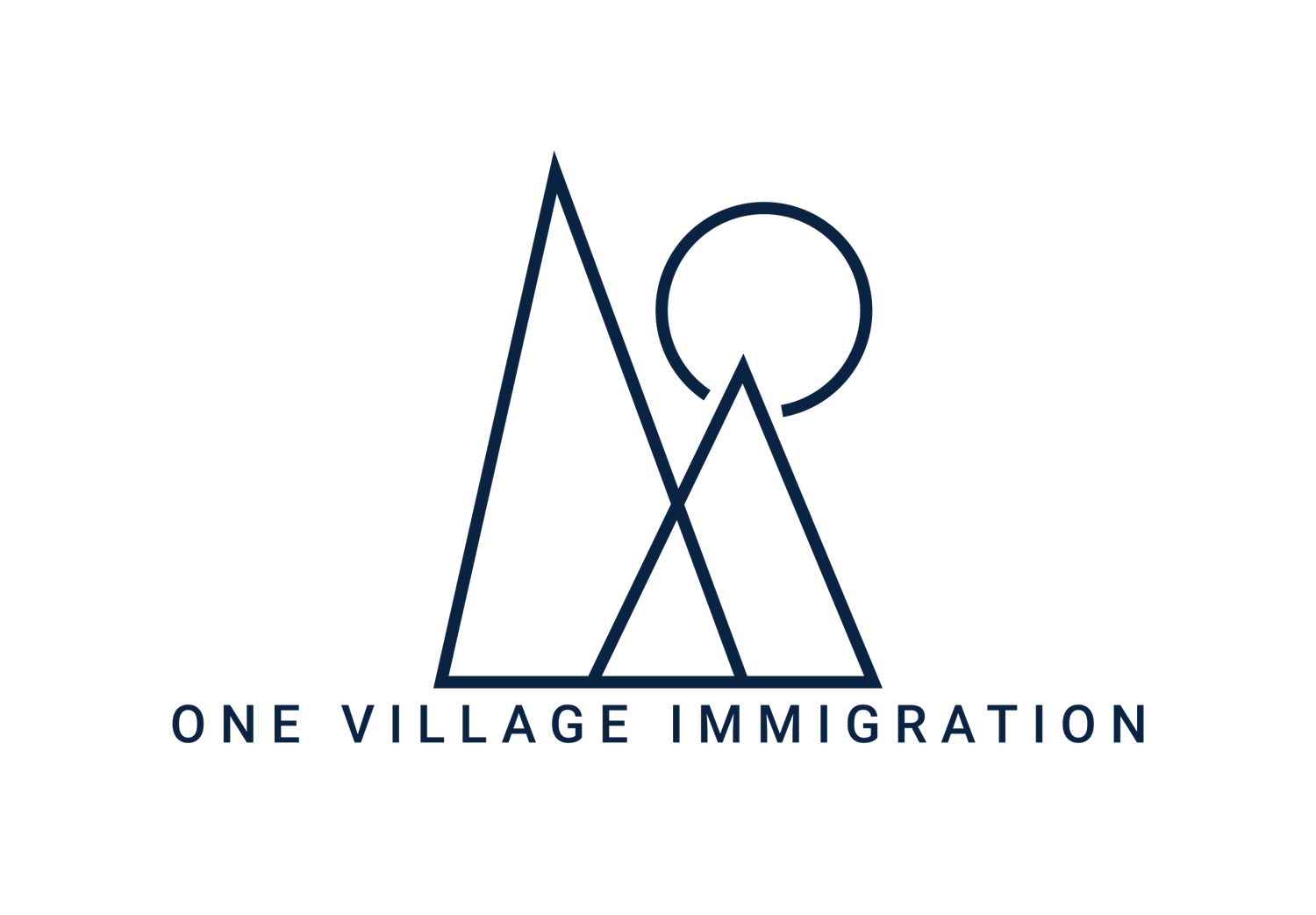Demystifying Section 96 of the IRPA: Canada's Commitment to Protecting Refugees
Section 96 of the Immigration and Refugee Protection Act (IRPA) is a critical provision that plays a vital role in safeguarding the rights and well-being of refugees seeking protection in Canada. In this blog, we will delve into the details of Section 96, its significance, and its implications for both asylum seekers and Canada as a welcoming nation.
Understanding Section 96
Section 96 of the IRPA is a legal provision that defines the scope of Canada's commitment to protecting refugees. It specifically pertains to the Convention Refugees Abroad Class, which is established to provide asylum to individuals who are recognized as refugees under the United Nations Convention relating to the Status of Refugees. This class encompasses those who have fled their home countries due to a well-founded fear of persecution based on factors such as race, religion, nationality, political opinion, or membership in a particular social group.
Key Features of Section 96
Non-Refoulement: Section 96 ensures that Canada adheres to the principle of non-refoulement, which prohibits the deportation or return of individuals to countries where they would face persecution or threats to their life and freedom.
Protection for Refugees: This provision grants legal protection and refugee status to those who meet the criteria defined by the Convention. It is Canada's commitment to providing safety and a new home to those escaping persecution.
Grounds for Persecution: Section 96 recognizes that persecution can take various forms, such as violence, discrimination, or human rights abuses, and does not limit the definition to specific types of harm.
Implications for Asylum Seekers
For asylum seekers, Section 96 of the IRPA offers hope and the prospect of a new beginning. It provides a legal framework through which they can seek refuge and protection in Canada. To be eligible for protection under Section 96, asylum seekers must demonstrate that they meet the criteria outlined in the Convention relating to the Status of Refugees.
Applying for refugee status can be a complex process, requiring the submission of detailed documentation and evidence of persecution. As such, it is crucial for asylum seekers to seek legal assistance and representation to navigate the application process effectively.
Canada's Commitment
Canada has a long-standing tradition of welcoming refugees and providing a safe haven for those in need. Section 96 of the IRPA is a testament to this commitment, reinforcing the nation's dedication to upholding international obligations to protect those fleeing persecution.
Canada's refugee system is known for its fairness, transparency, and compassion. By providing a legal framework for the recognition of refugees, Section 96 ensures that asylum seekers are given a fair chance to make their case and find refuge in this diverse and inclusive country.
Conclusion
Section 96 of the Immigration and Refugee Protection Act is a cornerstone of Canada's commitment to protecting refugees and upholding the principle of non-refoulement. It not only offers a legal framework for asylum seekers to seek refuge but also reflects Canada's long-standing tradition of welcoming those in need. Through the diligent application of Section 96, Canada continues to stand as a beacon of hope for refugees worldwide, offering safety, compassion, and the promise of a brighter future.

